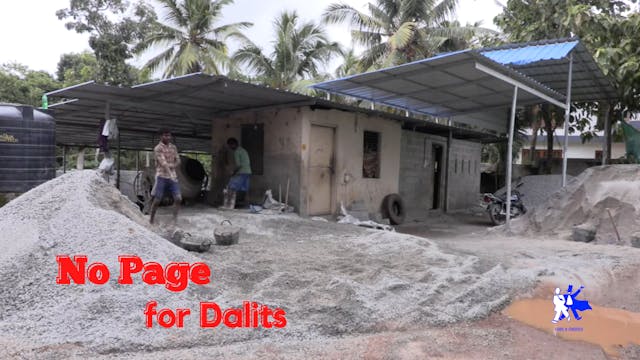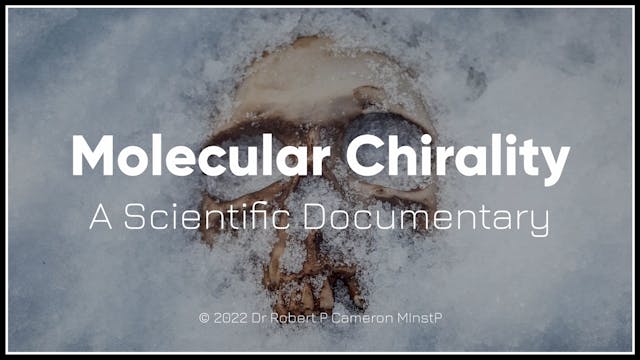Why the Mountains are Black
Social Sciences and Humanities
•
11m
A team of researchers meet at Mount Çika, in an effort to document the dialect of the Greek-speaking Himariote villages. The area was subjected to political prosecution and after the fall of Communism in Albania, the region was marked by waves of migration. Today, its population has been decreased significantly, with the remaining residents being predominantly elderly women.
Why the Mountains are Black follows four ethnographers; Aristotle Spyrou (University of Tirana), Brian D. Joseph (Ohio State University), Alexander Novik (Kunstkamera museum) and Andrey N. Sobolev (Șt. Petersburg University) and their on-field research methods in attempting to preserve a
dialect which is in danger of disappearing, through interviewing its last remaining speakers at the edges of the Ceraunian Mountains.
Cast/Crew:
Aristotle Spyrou
Brian D. Joseph
Alexander Novik
Andrey N. Sobolev
Katrina Prifti-Bifsha
Urania Bifsha-Prifti
Maria Thodorgianni
Katina Leka
Suggested Reading: https://web.archive.org/web/20100521003813/http://www.da.mod.uk/colleges/arag/document-listings/balkan/G97
Website: https://www.alcaeusspyrou.com/why-the-mountains-are-black
Up Next in Social Sciences and Humanities
-
No Page for Dalits
This short film emphasizes the religious or sacred basis of discrimination and one modern instance thereof, where caste members literally have no way to participate in the traditional Indian search for marital partners.
Wesley Shrum is Professor of Sociology and Director of the Video Ethnography...
-
Severe Brain Injury Recovery; Shootin...
This is an unvarnished video portrait of Doug Rafuse and Kelly Leblanc working on recovery from severe brain injuries with the help of Robert Hessian. It is constructed from home videos and family snapshots taken over the past twenty five years. It raises the bar for how people with severe brain ...
-
Molecular Chirality: A Scientific Doc...
“Molecular Chirality: A Scientific Documentary” is all about the distinction between left- and right at the molecular scale and its importance. A wealth of topics are covered, ranging from the thalidomide tragedy to the search for life on other worlds.
Starring: Prof Laurence Barron FRS FRSE ...



